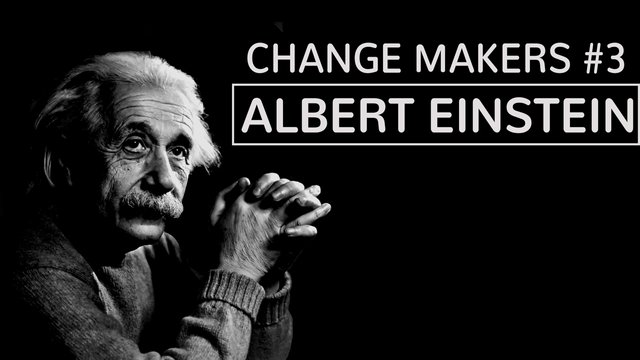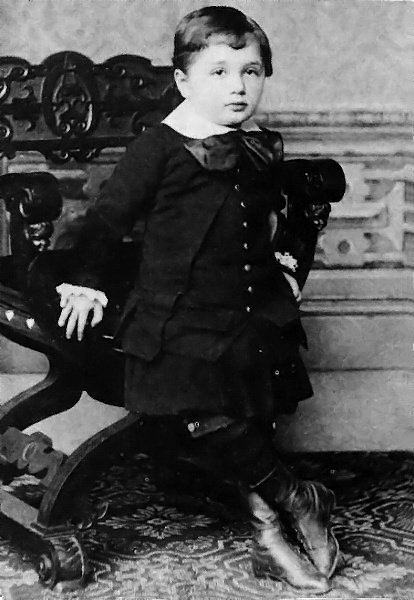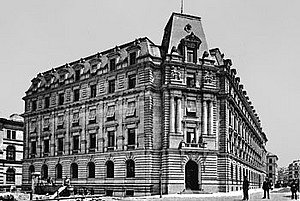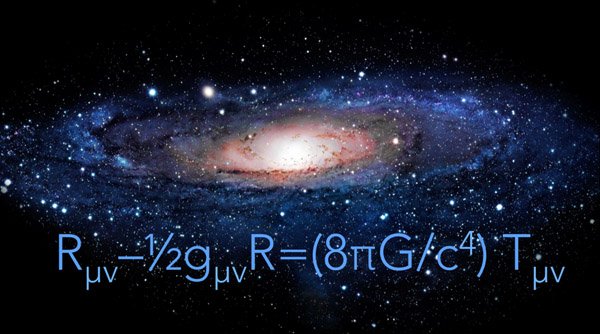Every once in a while the world is given a gift. This gift is in the form of a brilliant mind, who sees the world differently and changes all the norms and makes way for a more advanced human race.
We, have been blessed with several brilliant minds since times unknown. These are the change makers, the captains of the ship called humanity. Albert Einstein was one of the most brilliant minds the world has ever seen.

Early Life
Albert Einstein’s story begins in the year 1879, in the German Empire. From the very beginning Einstein showed a keen interest in Physics and Mathematics. Contrary to popular belief, he was actually brilliant in mathematics and reports that he actually struggled with Maths have been denounced as just rumours.

Einstein at age 3.
As a child Einstein was somewhat of a misfit. He usually clashed with authorities and resented the educational system. This is common of great minds as the system can’t keep up with their abilities. He was already considered a prodigy even before he turned 15, for his grasp of complex mathematical and scientific concepts.
Work at Patent Office
After he graduated in 1900, he struggled for 2 years, searching for a teaching post. He didn’t get the teaching job but he managed to land a job as an assistant examiner at the Federal Office for Intellectual Property in Bern. And in 1903, his position at the patent office became permanent.

It was at this patent office that Einstein did some of his most outstanding work. Apart from examining patents, his own work included probing into the questions of transmission of electric signals and electrical-mechanical synchronisation of time.
These concepts went on to become smaller pieces of the bigger picture in 1905 when he came out with his radical conclusions about the nature of light and the fundamental connection between space and time.
1905, Einstein’s Miracle Year
This year was the beginning of a new era in physics. Einstein produced a total of four papers in the course of just 1 year. Through these papers, Einstein was able to tackle some of the era's most important physics questions and problems.
These papers changed everything in the world of science and foretold bigger things to come. It started a kind of a ripple effect throughout the academic world. And, he was able to achieve all this at the age of just 26! He also received his PhD in the same year.
The 4 papers were about the following subjects:
1. The Photoelectric Effect
The paper on the Photoelectric Effect explained the phenomenon by which a material will emit electrically charged particles when hit by light.
2. The Brownian Motion
This provided the experimental proof of the existence of atoms. He was able to achieve this by analysing the Brownian Motion Phenomenon.
3. Theory of Special Relativity
This theory explains the relationship between space and time.
4. The Equivalence of Mass and Energy (E = mc^2)
This is perhaps the most popular equation in physics and explains the fundamental relationship between mass and energy.

1915, Einstein’s Masterwork
In 1915, Einstein published his paper on the 'general theory of relativity' which found that gravity, as well as motion, can affect space and time. It was literally the equation that rules the universe. This theory was such a big deal that British newspaper, The Times, proclaimed it to be a revolution in science and a new theory of the universe.
This is what truly made Einstein world famous. He began touring and giving speeches in United States, Britain, France and Japan to crowds of thousands of people.

For the first time in 250 years, a new theory of gravity had emerged overthrowing Newtonian ideas. And even after a century, it is guiding modern day scientists as they search for the elusive Theory of Everything. Even GPS owes its existence to Einstein’s theory.
Other Notable Work
1. In 1909, in one of his papers, he inspired the notion of wave-particle duality in quantum mechanics.
2. In 1916, Einstein predicted gravitation waves, which he desribed as ripples in the curvature of spacetime which propagate as waves travelling outward from the source.
It was only in 2016, a hundred years later, that this theory was proven experimentally by scientists. And Einstein had managed to figure out it’s workings all in his mind, a century ago!
3. In 1918, Einstein developed a general theory of the process by which atoms emit and absorb electromagnetic radiation, which is the basis of lasers.
4. In 1924, Einstein, along with S.N. Bose, predicted the existence of a fifth state of matter. It later came to be known as the Bose-Einstein condensate.
The Making of the Atomic Bomb
Soon after the second world war had started in Europe in 1939, a race had begun between Germany and the US to be the first to build a nuclear weapon. The US government had initially opposed the idea of creating the atomic bomb but Einstein’s letter to President Roosevelt changed their stance on the matter.
As a result of Einstein’s minor involvement, the US became the first country to develop a weapon and also the first country to use it in combat, against Hiroshima and Nagasaki in 1945.

After this, he became a strong proponent of nuclear disarmament and implored governments to find peaceful means for the settlement of all disputes between them.
During Einstein’s last days, he confessed to a friend that the creation of atomic bomb was the biggest mistake of his life. This was because of Einstein’s pacifist beliefs. He considered war a disease.
Seriously people! What the heck is wrong with you? 49 votes including my own and not a single friggin comment?
Ya'll go mute or something?
This is an incredible post! It's well thought out, articulate and concise.
Say something ya bloody mutes, encourage this guy right here!
@sauravrungta great work guy! I've upvoted and now I'm following you too!
Downvoting a post can decrease pending rewards and make it less visible. Common reasons:
Submit
Thanks a lot mate! I was wondering that too! hehe i thought it was a glitch or something ;)
Anyways thank you so much for the kind words :)
Downvoting a post can decrease pending rewards and make it less visible. Common reasons:
Submit
Great post regarding Albert Einstein! A lot of people say that Einstein had innate intelligence or had some type of inner talent, I believe that Einstein became successful through pure hard work. I read somewhere that analysis of his brain revealed a larger amount of grey matter than normal which many researchers attribute to him working out his brain far more than the average person. Personally I find it motivating, and think that anyone has the ability to become the "next Einstein" if they put their mind to it and are persistent. Thank you for the great post and I am looking forward to reading more posts in this series. Personally I am a huge fan of the mathematician Srinivasa Ramanujan :) I'm not sure whether you have written a post about him. Though he was recently the subject matter of the Hollywood film, The Man Who Knew Infinity and was played by Dev Patel. Thanks for the insightful and motivating post!
Never settle for less
~ Np
Downvoting a post can decrease pending rewards and make it less visible. Common reasons:
Submit
wow! what a wonderful comment!
thank you for talking the time to write all that. it means a lot! :)
Downvoting a post can decrease pending rewards and make it less visible. Common reasons:
Submit